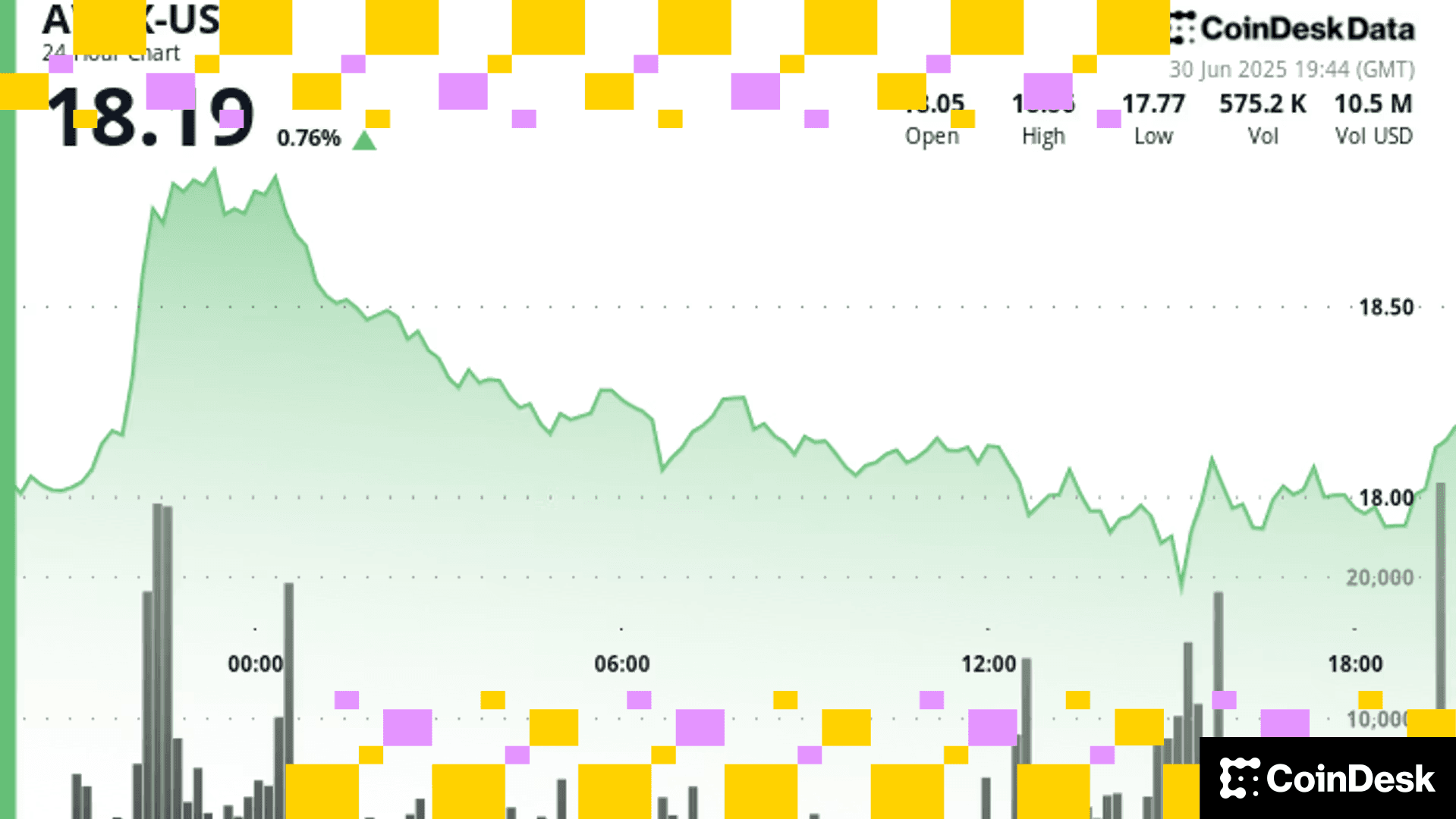UK Lords Pass Bill to Help Seize and Freeze Crypto Used for Crime
The bill, introduced in September, now enters its final stages in Parliament.

The U.K.'s Economic Crime and Corporate Transparency Bill, which will help law-enforcement agencies seize and freeze crypto used for crime, took a step closer to entering the statute book after being passed by Parliament’s upper chamber on Tuesday.
While the House of Lords didn't make changes to crypto aspects of the bill, during earlier proceedings it was amended to ensure the measures extended to terrorism cases and measures to help authorities seize property that can help identify crypto linked to crime were added. Plus, an amendment was added to ensure courts can ask authorities to seize and freeze crypto used for crime.
In March, the government said combating criminal abuse of crypto was a part of its three-year economic crime agenda. The country has introduced crypto tactical advisers to police departments nationwide to help identify and seize digital assets tied to crime.
"Domestic and international criminals have for years laundered the proceeds of their crime and corruption by abusing U.K. company structures, and are increasingly using cryptocurrencies," Graeme Biggar, director general of the National Crime Agency, said in a September statement when the bill was introduced. "These reforms – long awaited and much welcomed – will help us crack down on both."
Approval by the Lords means the bill returns to the House of Commons for the final stages before it is put into law. Once both houses agree on the document, the king will need to sign it into law. The bill can be sent back and forth between the chambers of Parliament until an agreement is reached.
More For You
Exchange Review - March 2025

CoinDesk Data's monthly Exchange Review captures the key developments within the cryptocurrency exchange market. The report includes analyses that relate to exchange volumes, crypto derivatives trading, market segmentation by fees, fiat trading, and more.
What to know:
Trading activity softened in March as market uncertainty grew amid escalating tariff tensions between the U.S. and global trading partners. Centralized exchanges recorded their lowest combined trading volume since October, declining 6.24% to $6.79tn. This marked the third consecutive monthly decline across both market segments, with spot trading volume falling 14.1% to $1.98tn and derivatives trading slipping 2.56% to $4.81tn.
- Trading Volumes Decline for Third Consecutive Month: Combined spot and derivatives trading volume on centralized exchanges fell by 6.24% to $6.79tn in March 2025, reaching the lowest level since October. Both spot and derivatives markets recorded their third consecutive monthly decline, falling 14.1% and 2.56% to $1.98tn and $4.81tn respectively.
- Institutional Crypto Trading Volume on CME Falls 23.5%: In March, total derivatives trading volume on the CME exchange fell by 23.5% to $175bn, the lowest monthly volume since October 2024. CME's market share among derivatives exchanges dropped from 4.63% to 3.64%, suggesting declining institutional interest amid current macroeconomic conditions.
- Bybit Spot Market Share Slides in March: Spot trading volume on Bybit fell by 52.1% to $81.1bn in March, coinciding with decreased trading activity following the hack of the exchange's cold wallets in February. Bybit's spot market share dropped from 7.35% to 4.10%, its lowest since July 2023.
More For You











